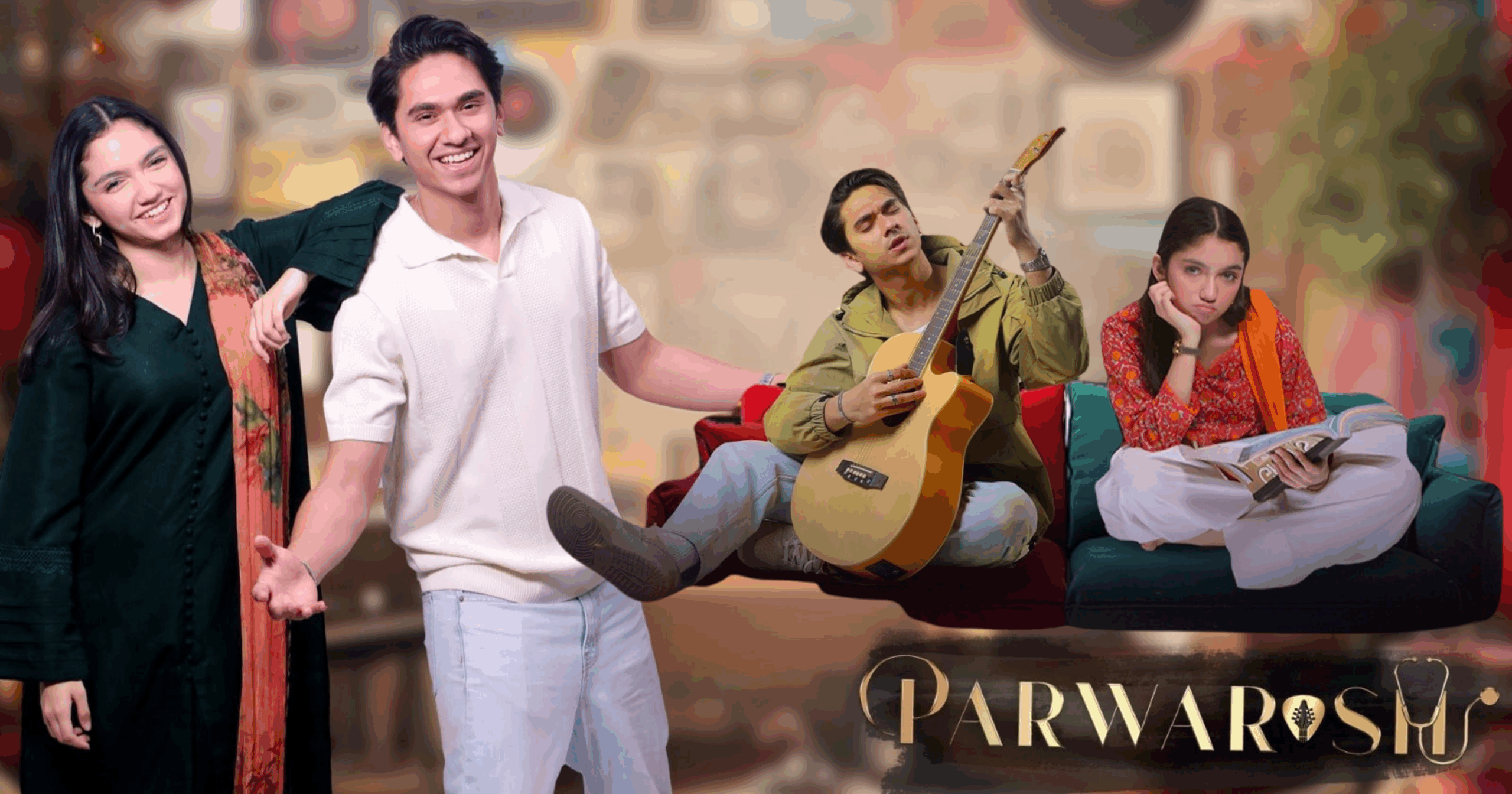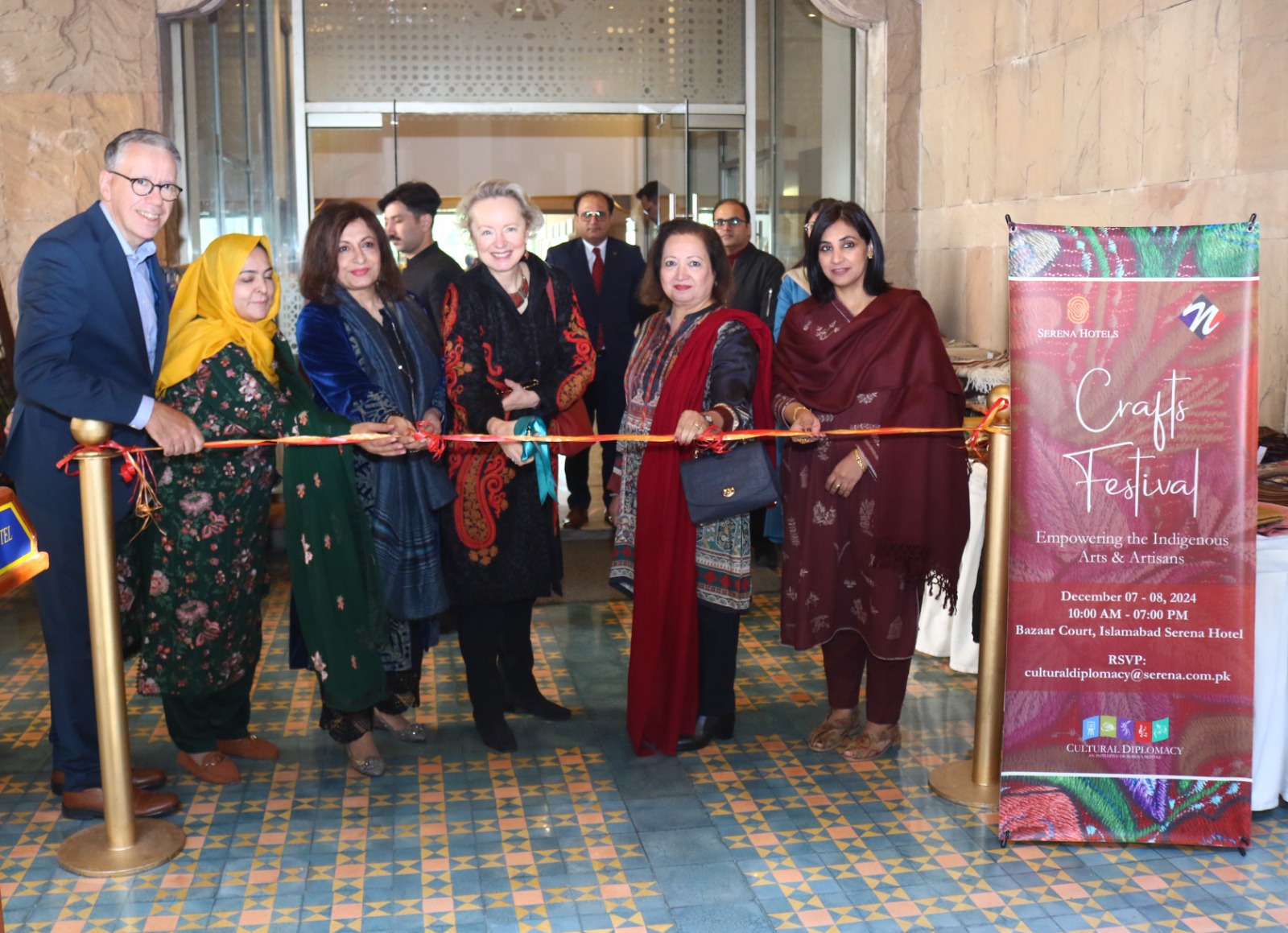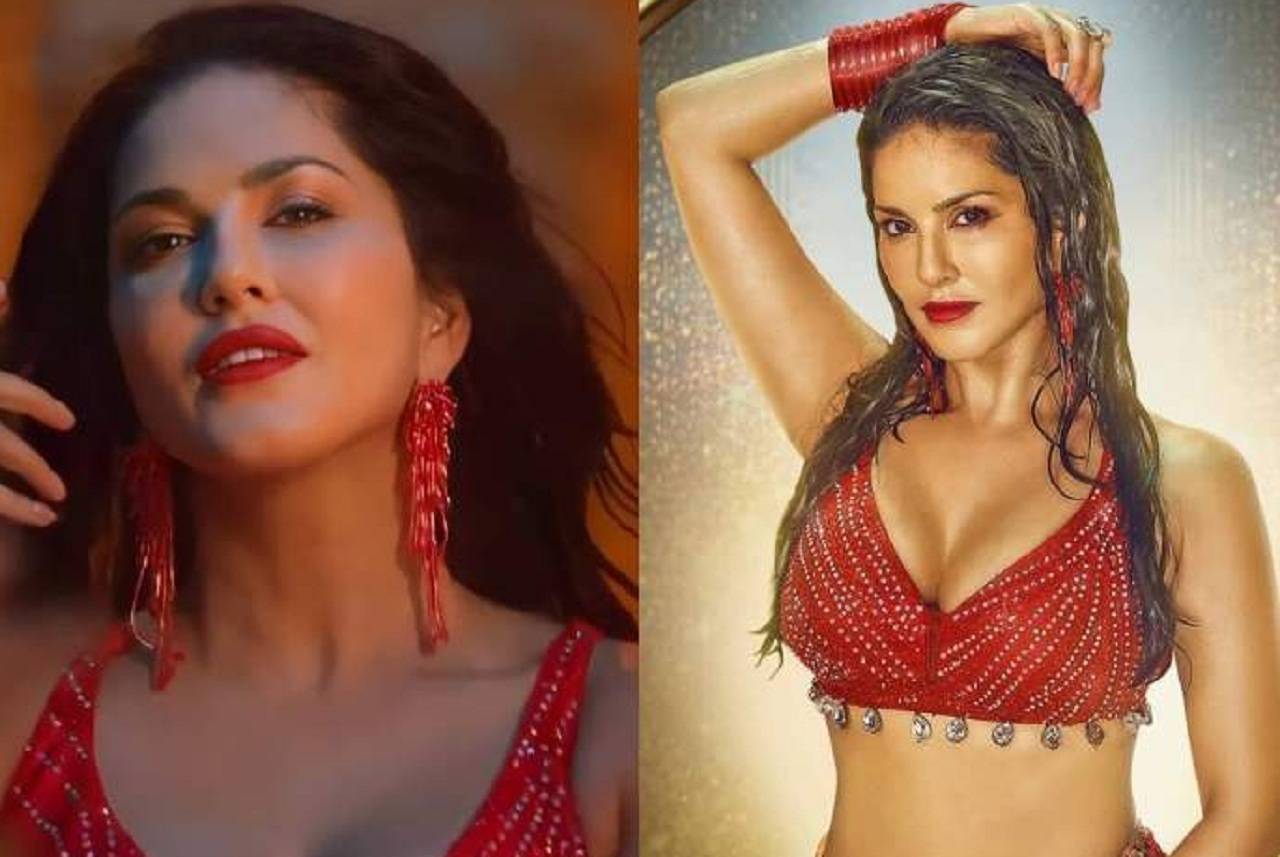Parwarish Is the Unofficial Parenting Guide for Gen Z—And We’re Taking Notes

The series doesn’t just give us drama for drama’s sake it explores the very core of how parenting can shape a person. Through its portrayal of three very different fathers Suleiman, Shaheer, and Jahangir and it invites us to reflect on the kind of parenting that nurtures, the kind that stifles, and the kind that leaves emotional question marks we spend years trying to answer.
Each of these fathers represents a different generation, a different mindset, and a different level of emotional awareness. And while not all of them get it right, the show does something very rare—it lets them grow. It shows us what it looks like when parents evolve alongside their children, not in spite of them.
Suleiman is a father who doesn’t throw around authority like a badge, but actually communicates with Sameer. Suleiman, in particular, stands out not just as a “good father,” but as someone who chooses compassion over control. When he finds out about Sameer’s mistake, he doesn’t go down the usual route we’re so used to seeing, no threats, no melodrama, no dramatic disowning. Instead, he chooses to understand why Sameer did what he did. He gives him a chance to reflect, rather than forcing guilt down his throat. Instead of turning his son into a criminal in his own eyes, he makes space for him to grow. He fights for Sameer’s career not to protect him from consequences, but because he believes his son deserves a chance to course correct without being buried under shame. In doing so, he models a kind of fatherhood that focuses on building character, not just disciplining behavior.
It’s soft parenting in action, and it’s quietly revolutionary in a television landscape obsessed with toxic masculinity.
And then there’s Shaheer, perhaps the most surprising transformation of all. Initially, he’s the textbook Pakistani drama father: loud, reactive, overbearing. We were all furious at him, and just as upset with Sadia, who didn’t speak up when she saw Waleed crossing a line in her home. But the minute Sadia does speak, everything changes. Shaheer doesn’t shut her down—he listens. And then he shifts. Slowly, awkwardly, but genuinely.
Later, when Maya is unraveling after the mugging, the gunshot, and the emotional weight of it all, Shaheer, who once couldn’t understand her love for Wali, finally gets it. Not entirely, but enough to say, “It’s better if you go with her to the hospital.” He doesn’t push himself into the moment. He gives Maya space, and in doing so, gives her respect.
And the communication keeps flowing. When Sadia tells him she didn’t like how Mahnoor spoke to her, Shaheer encourages her to tell Maya. Not to stir drama, but because it’s the right thing to do. “If you don’t say it now,” he says, “one day she’ll tell you, you never told me.”
Shaheer’s journey is also one of quiet accountability. He may not say the words outright, but it’s clear he realizes he made a mistake by choosing Waleed for Maya deciding for her instead of with her. As a father, that kind of self-reflection doesn’t come easily, especially in a culture where parental authority is rarely questioned. But we see him evolve. Instead of clinging to control, he begins to step back, allowing Maya the space to make her own choices. And in doing so, Shaheer doesn’t just redeem himself he models what it looks like when a parent takes responsibility and chooses respect over ego.
And yet, Parwarish doesn’t pretend communication is easy. It shows the other side too. Jahangir is proof. He’s stuck in a loop of overthinking trying to prove his love for his children in all the wrong ways, while his ego continues to keep the one thing that could fix it all; his words locked away.It’s not that he doesn’t care. It’s that his pride is louder than his love. And it’s ruining everything.
Watching Parwarish, you realize it’s not about perfect parenting or flawless communication. It’s about effort. It’s about showing up, saying sorry, and being better than the generation before you. The show doesn’t hand us heroes; it gives us flawed people trying to unlearn deeply rooted behaviors.
As we step into the future, as partners, friends, or parents, Parwarish offers a subtle roadmap: listen, reflect, communicate, and apologize when needed. Let’s carry that forward. Because this world doesn’t need any more Jahangirs. It needs people who are willing to do the hard thing—grow.




